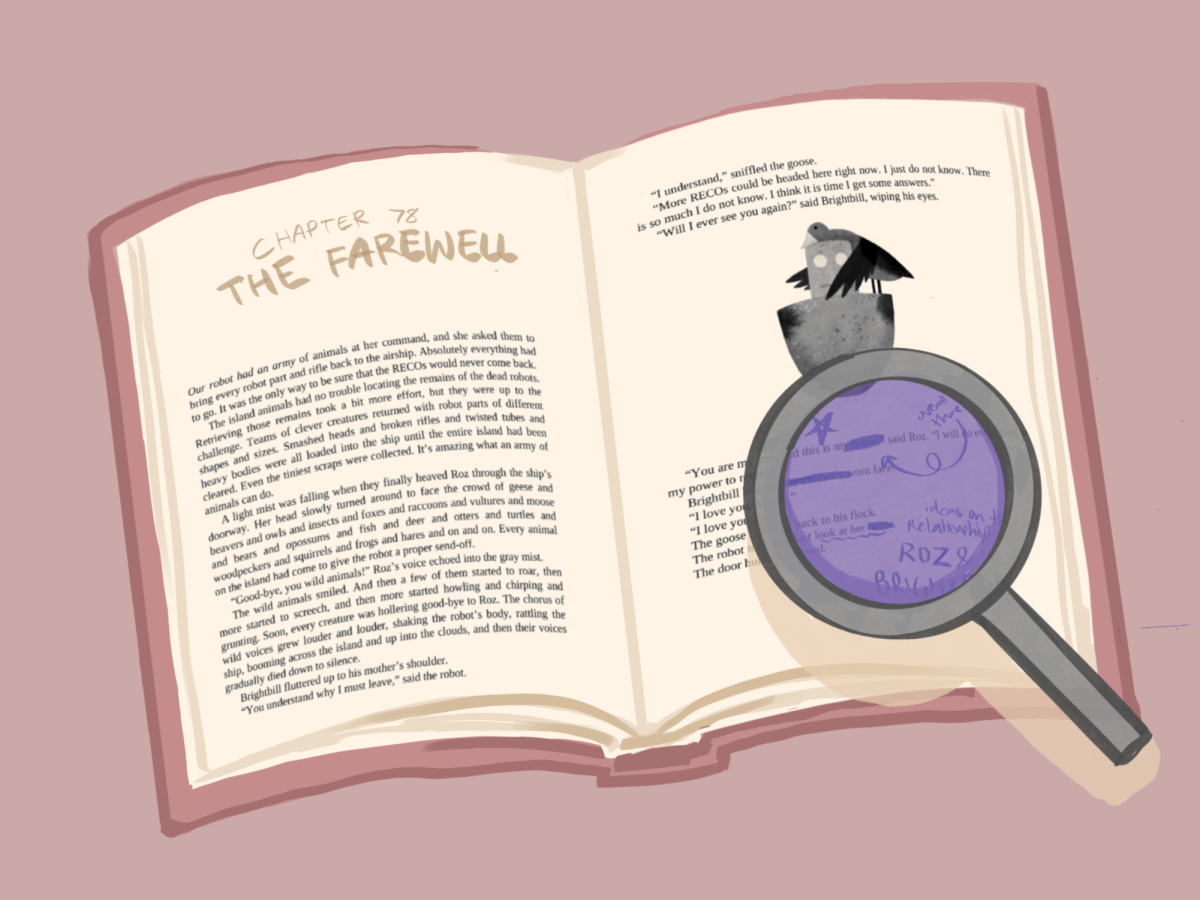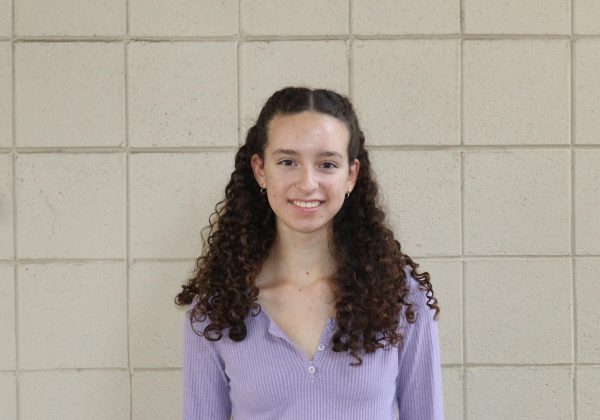When I was 8, my third-grade teacher sat me and my high-energy classmates down on her carpet each day following lunch. We then fidgeted for an excruciating 15 minutes, while she read a book aloud to us.
Unlike my classmates, I was extremely invested in every single book she read — so much so that I was the only student who read every single volume in the lunchtime book club she organized.
One of the stories my teacher read to us was “The Wild Robot” by Peter Brown. The book follows a robot, Roz, who is stranded on an island with wild animals. She learns to survive and befriends the animals, even serving as a parental figure for a duckling, Brightbill.
I loved the book so much that I bought and read the sequel at home. Unfortunately, by the time a third book was released in 2023, I decided that I had outgrown the series.
Six years after I originally read the novel in 2018, an animated movie adaptation of “The Wild Robot” was released by Dreamworks in September, with Roz voiced by Lupita Nyong’o and Brightbill voiced by Kit Connor.
When it was playing in theaters, my mom asked me if I wanted to watch it with my younger brother. I was reluctant and assumed I had completely outgrown the fandom, but ultimately decided it was a better alternative than studying.
About 30 minutes into the film, I realized that I was just as invested in the plot now as I had been in third grade.
In particular, there was one scene that caught my attention. Roz has spent months trying to help Brightbill learn how to fly, so that he can migrate with the other geese for the winter. Although Roz is not a bird, she does everything — from building an obstacle course to seeking advice from other geese — to help Brightbill learn. When the time comes for Roz and Brightbill to separate for the winter, both lament their separation. Nevertheless, Roz gives Brightbill a boost as he flies away with the flock, and she runs across the island to watch him leave until he disappears into the horizon.
In short, it’s beautiful moviemaking.
The music is highly dramatic during this scene, and it leads the viewer to understand how painful it is for Roz to watch her “son” leave her. Roz is a robot and her task is to take care of Brightbill, so, once she completes her task, she is supposed to find a way off of the island. Instead, she decides to override her program to remain and take care of the animals through the winter while waiting for Brightbill to return.
When I first read this in the novel, I did not completely understand the deeper meaning behind this scene. I now realize it says a lot about parenting and how parents make countless sacrifices for their children out of love. When the time comes for their children to grow up and leave for college — or migrate — it is hard to watch them go and not know if they will return.
I left the movie theater in complete awe of what might have been the best animated film I had recently seen. The animation itself was of excellent quality, and I especially loved the soundtrack. The instrumental music fit the scenes perfectly and triggered an emotional response for me, as I’m sure it did for other viewers as well.
This movie really brought me back to my childhood memories but also made me appreciate the story’s deeper themes, which I completely overlooked as a child and now appreciate as a teenager.
Overall Rating: 5 out of 5 Falcons.





























